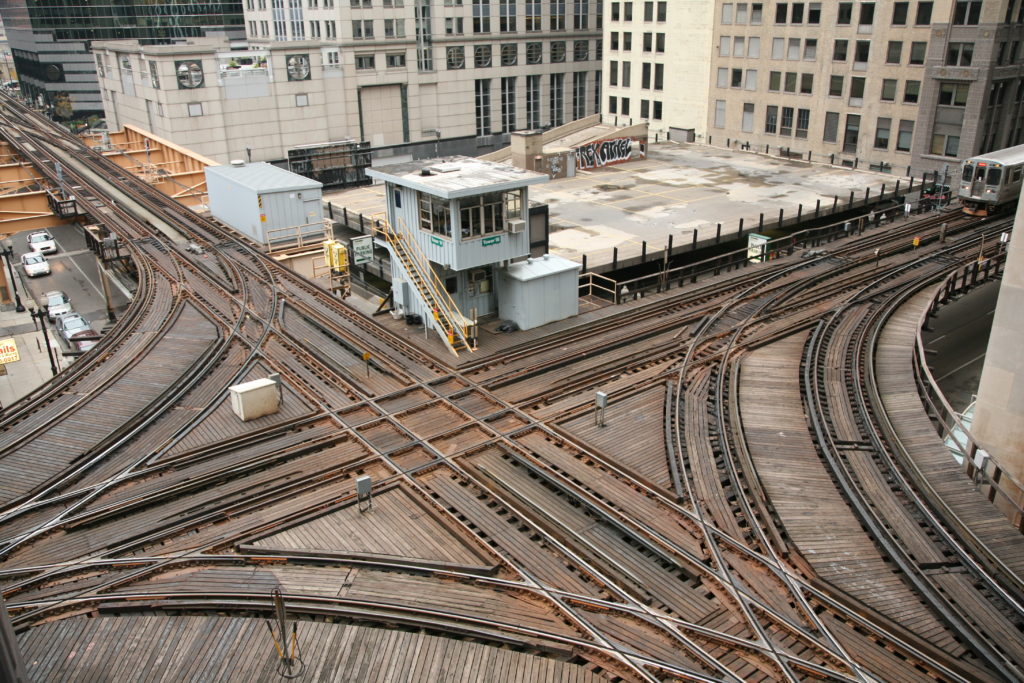-
By Tate Evans
- Through seedy backroom deals at Congress and public speeches by the president, tax reform is slowly forming into the next Category 5 hurricane to hit the American mainland this year. Fueled by an urge to provide something, anything, to a desperate base and whirled by democrat winds whispering something about the top one percent, it’s looking less a bipartisan issue.
If there is any bipartisan ground, however, that comes to mind when you think tax reform and its tax cuts for the middle class. Cuts to the taxes of the middle classes incentivize work, increase taxpayer’s spending power, and make everyone feel warm and fuzzy on the inside with a pocket looking greener than before.
Except that’s not what the tax reform being hashed out in those congressional backrooms is about. What is being discussed in hushed whispers and hurried glances is a regressive policy that stomps on government revenue and puts it in time out. Proposed changes like getting rid of the estate tax, lowering corporate taxes, and lowering personal rates for the wealthy combined with other tax changes would, according to the Tax Policy Center, lead to cuts of $940,000 for the top 0.1 percent, $174,000 for the top 1 percent, and yet only a measly $760 for the middle class. These kind of losses do not bode well for the federal budget whatsoever, with the TPC projecting upwards of $3.4 trillion in revenue loss in the first decade of these policies alone.
What is important to address is how tax cuts of any kind fail dramatically to fix the society we live in today. More specialized and advanced healthcare means people live far longer, necessitating more money for facilities, research, staff, and a number of other programs needed for those above the age of 60. Meanwhile, our aging infrastructure creaks from decades-old systems straining to provide the modern transportation and speed essential for our economy.
On the societal side, rapidly increasing economic divides have necessitated investments in education and increased upward mobility programs for people in poverty. Environmentally, climate change and rising sea levels will cost the country an untold fortune for our foreseeable future with the huge effort needed to clean up damaged cities and protect them from future problems unlikely to contribute towards reducing the deficit. Keeping such a massive price tag in mind, even simply advocating for keeping in place the current tax code is nigh impossible.
Where the real steps towards proper tax reform lie is closing the loopholes that corporations depend on to pay far less than warranted for using the resources and economy of the United States. Sixty years ago, a total of one-third of federal taxes were paid for by corporations. Today, they only pay one-tenth. This dramatic decrease was caused, quite easily, by the push of a few buttons. In the simple act of placing a subsidiary in a foreign country with lenient tax standards, a company like Apple makes upwards of $74 billion in worldwide sales from 2009-2013 and pays next to no taxes anywhere. These subsidiaries are, for all intents and purposes, mail boxes where checks get sent by corporations to avoid what the organization Americans For Tax Fairness estimates is $90 billion a year in taxes being paid to the US government.
Corporations need to have responsibility and pay for the resources and markets they take advantage of, and it is ultimately the government who will have to enforce such a change from the status quo. Tax reform that does not immediately remove corporation’s ability to avoid billions in taxes paid to our government simply denies future generations the support they need.
If a company is based in America, sells in America, and was made in America, it should pay taxes in America. On another note, many companies spew chemicals into the atmosphere, degrading the shared resource that is our air, but never pay for the valuable commodity. Industry is an essential facet of our economy, but that doesn’t mean we should prioritize it over our health and environment. We shouldn’t have a society where the profit from polluting stays in private hands while the cost is burdened by everyone. The future generations deserve to have an environment cleaner than we found it.
What our nation does not deserve, however, is to be left unprepared for future problems because of partisan politics. Tax increases are certainly not popular, but they are absolutely necessary. If we wish to continue enjoying all the benefits with our, society like our roads, hospitals, and cities without thinking of the consequences that come with an ever-increasing population and the threat of climate change, we’re just being irresponsible. We have to deal with the political hurricanes of today now, so the real ones down the road will hurt just a little less.
Read Time:4 Minute, 12 Second

